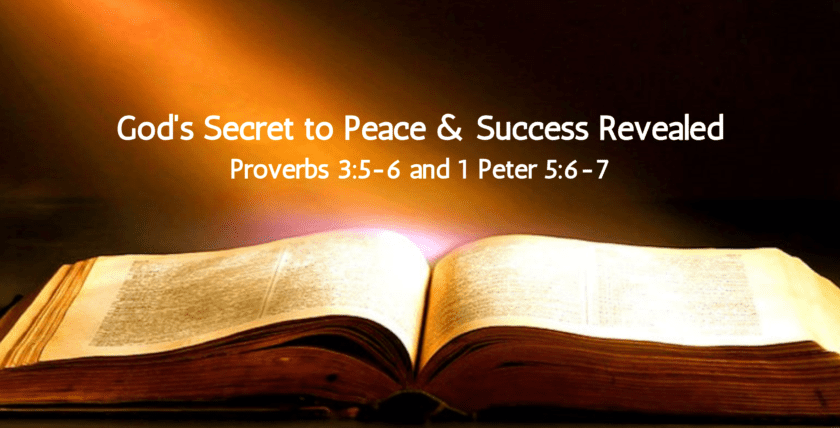We’ve been discussing what took place after Jesus told his disciples that the temple in Jerusalem would be destroyed in Matthew 24, Luke 21, and Mark 13. They asked him when the temple would be destroyed and what would be the sign of his coming and the end of the age.
The response that Jesus gave them is probably the most studied and caused more misunderstanding than almost anything else in the Bible. Going back to the 2nd century there has been confusion and misinterpretation by believers and unbelievers alike about these passages.
I’ve been a believer for 50 years, and I’m going to tell you something right now that I wish someone had told me 50 years ago. It would have saved me from many of the wrong ideas I had about God’s plan for humanity and the final state of His creation. It took all this time for me to finally get to a place in my spiritual walk with Christ to accept a couple of fundamental truths to understanding scripture.
#1 – the Bible is Jewish. The Bible, Old and New Testaments, were written by Jews, for Jews, from a Jewish perspective. The closest writings we have in the Bible to not being Jewish are the Gospel of Luke and the Book of Acts, but Luke traveled with Paul, a Jew, and the Book of Acts is mostly about the apostleship of Paul. Also, most of what is in the Gospel of Luke is from early Jewish followers of Jesus and the Gospels of Mark and Matthew. So, even Lukes’s writings are heavily Jewish.
Why is this important? It’s important because of perspective. We can’t read something that’s written through a culture and experiences that are foreign to us and then filter those scriptures through our own culture and experiences for us to understand the writings about the thoughts, ideas, fears, concerns, hopes, and desires of another culture we have to read their writings through their eyes. Their perspective of life, death, suffering, disappointment, hope, and salvation.
Why is it so difficult for us to comprehend what Jesus told the disciples about the destruction of the temple, his coming, and the end of the age? Because we don’t see these passages through their eyes and hearts. This may surprise you, but Jesus didn’t tell the disciples anything that God hadn’t already said through the prophets. Maybe that the timing was so close to happening was in some sense new, but everything Jesus told them in these passages was foretold previously.
I’m going to tell you something else surprising. As I said, this is a new year, and I don’t want you to take 50 years to learn something you can know today. Everything described in Matthew 24, Luke 21, and Mark 13 about the destruction of the temple, the desolation of Jerusalem, the coming of Christ, the end of the age, and the promise of a new heaven and earth is all in the Book of Revelation. How do we miss this? We miss it because we don’t read Revelation from a Jewish perspective. It’s estimated that 75 to 80% of all the verses in Revelation are quotes or interpretations from the Old Testament. Not that John didn’t see the vision of Revelation, but the Spirit of Christ showed him what had already been shown to the Jews.
So, if you want to understand what the Bible means to your life, first understand what it meant to the lives of the Jews who wrote it.
#2 – The fundamental truth to understanding scripture is Christ. Yeshua Hamashiah (Ha-ma-she-a) Jesus the Messiah or God’s choice (God’s anointed) for Salvation. Jesus is Salvation!
What do I mean that Christ is the key to understanding scripture? The Jewish Old Testament is filled with foreshadows and types of the Messiah/Christ seen in the Old Testament characters, events, rituals, appearances, and prophecies. Literally, the Tanakh (the Torah – the law, Nevi’im – the prophets, and the Ketuvim – the writings) is about the coming of God’s Messiah to bring salvation to Israel. The unfolding of God’s redemptive story in Jewish history lays the groundwork, and then the New Testament reveals the fulfillment of what was written.
In Luke 24:25-27 Jesus tells two disciples after his resurrection as he walks with them without them knowing who he was that the Old Testament was about him. Then, in Luke 24:44-47, he tells the disciples the same thing.
In John 5:37-40, 37, Jesus tells the Pharisees and Scribes that God and the scriptures all testify about him.
The Apostle Paul makes the point to the Colossian believers that the Law, the prophets, and the writings were all about Jesus in Colossians 2:16-17. The substance or the basis for all scripture is Christ.
So, to understand what the “Promise of a New Heaven and Earth” means, we must first see this promise through Jewish eyes. And to do that, we have to use Christ as the key for interpretating this promise as God revealed it in the Tanakh. This is exactly what the disciples did in giving us their testimony in the New Testament.
So, something that took me 50 years as a believer to learn, I’m passing on to you so you can be 50 years ahead of where I was in Christ. We will first approach the Promise of a New Heaven and Earth from a Jewish perspective. Then, once we understand the Jewish meaning of a New Heaven and Earth, like the disciples, we’ll interpret and apply the Scriptures to our lives as believers, utilizing the light of Christ to unlock the types and shadows of God’s chosen salvation, Christ.


